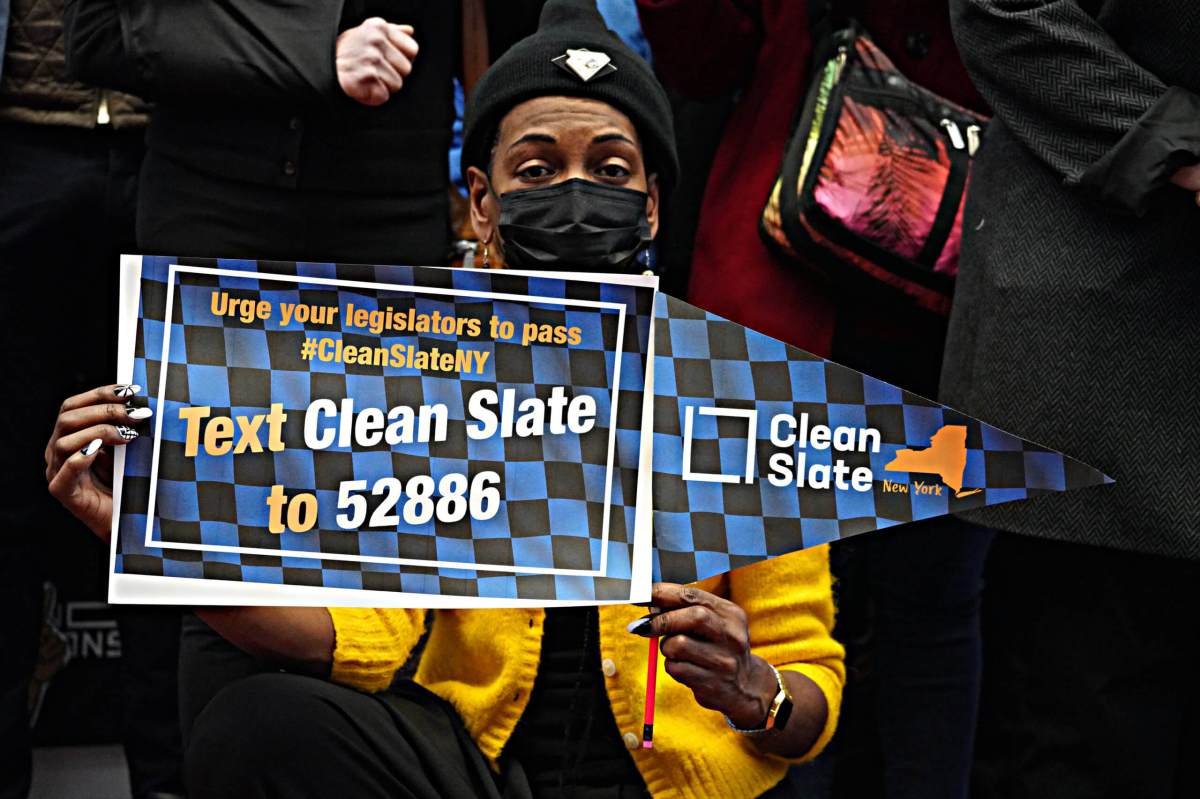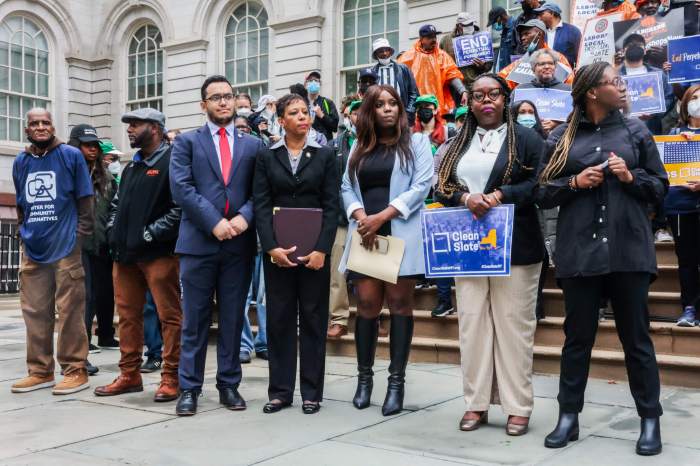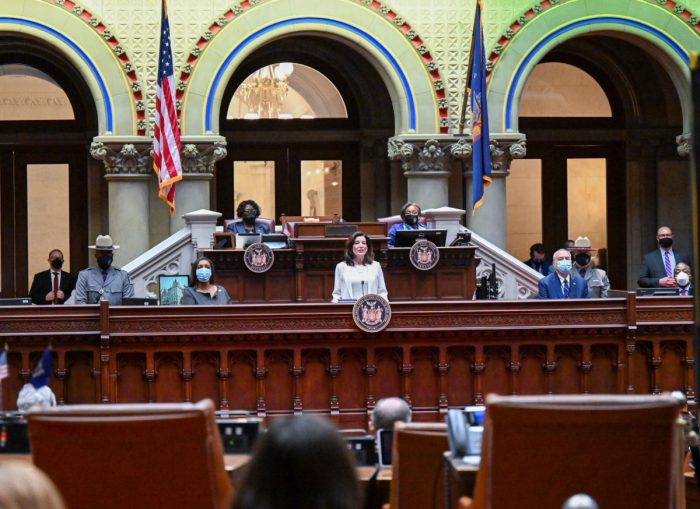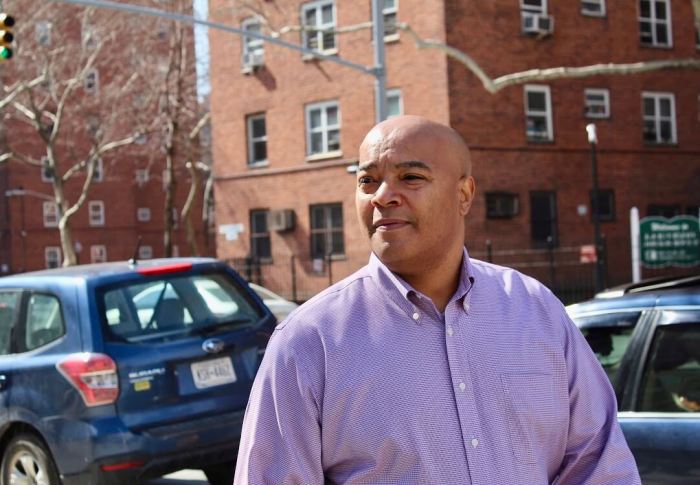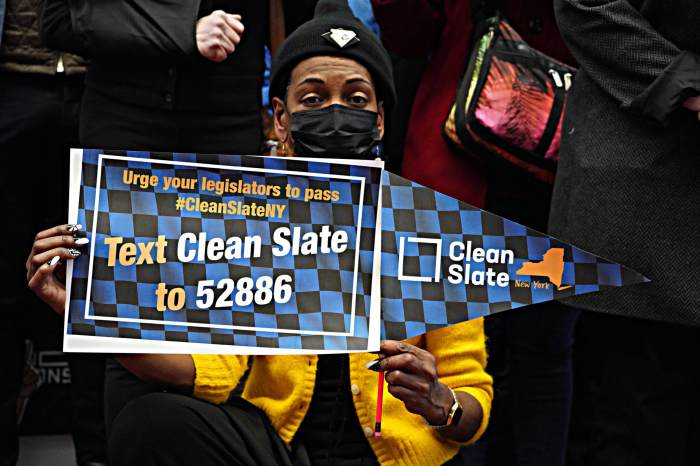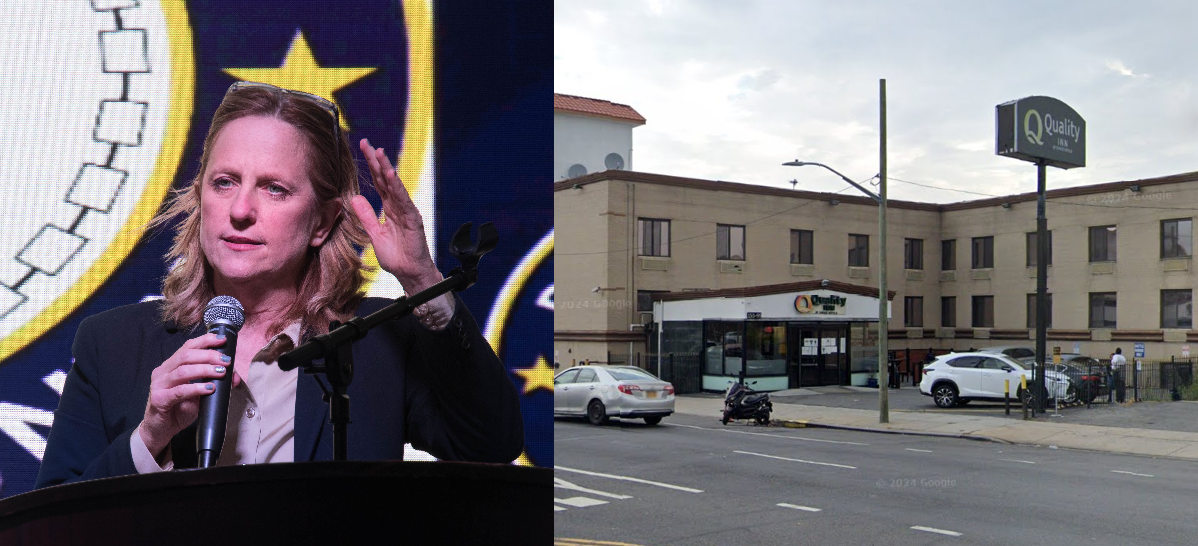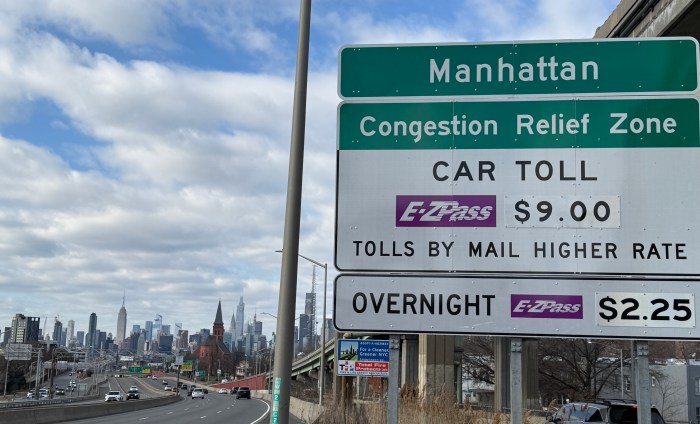As leaders within faith-based organizations, we believe wholeheartedly in the principles of accountability, atonement, and redemption for our sins and mistakes. When an individual commits a crime and is convicted, we expect them to go through the legal process, serve their sentence and then have the opportunity to rejoin their family and communities as full participants in society.
But when these New Yorkers return home, the harsh reality is that a conviction record is a constant barrier to forging a better life and moving past their crime. For Marketa Edwards, a 43-year-old mother of four from Buffalo, a six-year-old misdemeanor left her and her children homeless for years after she served her time. Marketa faced discrimination at every turn as she tried to secure a job to support her family and keep a roof over their heads. Like countless other parents across New York State, Marketa and her family were denied the opportunity to start a new life together all because our legal system keeps over two million New Yorkers stuck in a perpetual cycle of punishment due to an old conviction.
Discrimination from landlords, prospective employers, and even educational institutions tells millions of New Yorkers like Marketa – the majority of whom are Black and Latino – that they will always be judged by their past mistakes.
In 2017, the New York Legislature created a process to allow New Yorkers to petition the courts to seal their convictions. While well-intentioned, the measure has largely been ineffective at its goal: less than 6% percent of eligible New Yorkers have been able to seal their records in this manner due to the difficulty and cost of the current process which many working-class folks simply cannot afford.
Thankfully last year, the Clean Slate NY coalition pushed for the passage of the Clean Slate Act (S1553C/A6399B), co-sponsored by Senator Zellnor Myrie and Assemblymember Catalina Cruz. The Clean Slate Act would be a vast improvement to the current petition-based system by requiring the state to create automatic conviction records sealing process.
The criteria for automatic sealing under the Clean Slate NY Act is straightforward. Eligibility starts 3 years from sentencing for misdemeanors and 7 years for felonies, not including time spent incarcerated. To be eligible for automatic sealing, individuals cannot have any new conviction or pending charges and must have completed probation or parole, if applicable.
Trinity Church Wall Street and the New York Theological Seminary are two of many faith-based organizations and coalition members fighting for this much-needed relief for New Yorkers with conviction records. We are especially proud of the broad, diverse support this piece of legislation has gained in the past two years. Unions representing workers in industries such as healthcare, telecommunications, construction, human services, and education all back to Clean Slate. Organizations like the New York State Coalition Against Sexual Assault and Common Justice that advocate for and organize with survivors of crime have said how important it is to give people a second chance at success and stability. And Fortune 500 companies like Verizon, Microsoft, and JPMorgan Chase, are supporters, recognizing how Clean Slate could return people to the workforce and boost our economy.
Five other states have passed ‘Clean Slate’ legislation including our neighboring states New Jersey, Pennsylvania, and Connecticut. It’s time that New York joined in passing Clean Slate legislation. The Legislature should not leave Albany on June 2nd before doing so.
The impact of this bill cannot be overstated. There are over a million New Yorkers who could benefit from day one of this bill’s enactment – a fact state lawmakers should keep in mind each day that goes by without passing Clean Slate in both houses.
Susan Shah, Managing Director of Racial Justice at Trinity Church Wall Street, and Rev. Dr. LaKeesha Walrond, President of the New York Theological Seminary.



